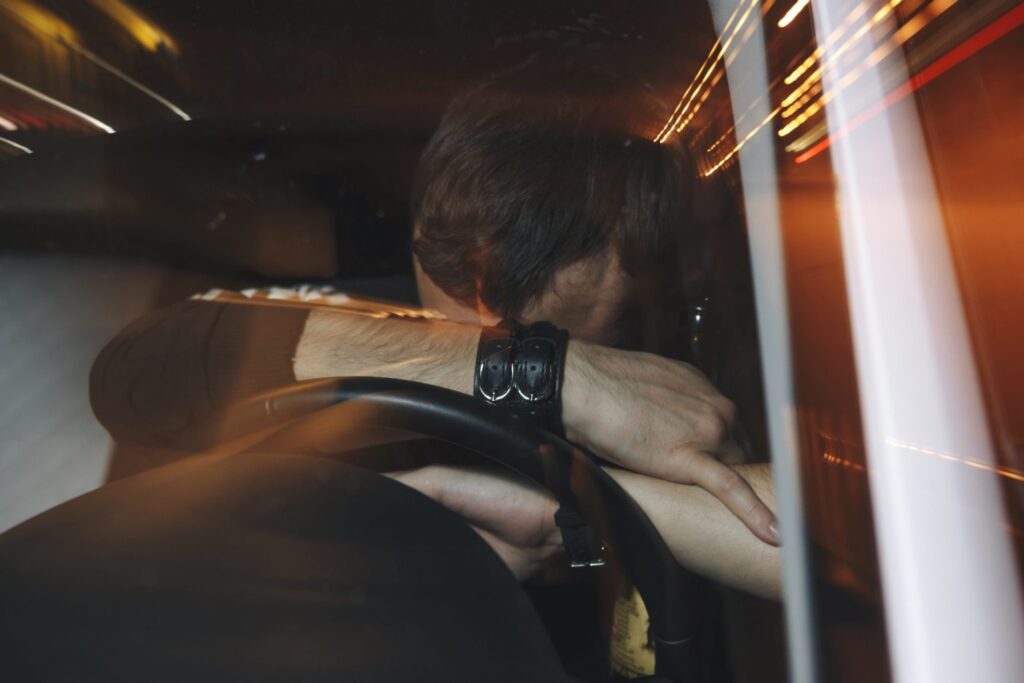When a police officer thinks that you’re driving drunk, they’ll pull you over and begin to investigate. Once they have you pulled over and on the side of the road, there can be a lot of discretion in the evidence they put together to show that you’re operating under the influence (OUI), and breaking Maine’s driving laws. To gather this evidence, they have several tools they use.
Among these tools are a handful of field sobriety tests. Even though these field sobriety tests are perhaps the least reliable of an officer’s tools, police in Maine rely heavily on them to arrest people for OUI. Even the most “accurate” field sobriety test , the Horizontal Gaze Nystagmus Test (and its reliability and scientific value is HIGHLY questionable), can only determine whether you’re over the legal limit 77% of the time. Even worse, it is often incorrectly administered, so the number is likely much lower than that.
[lwptoc width=”full”]
Call 207-571-8146 or contact us online to schedule a consult with one of our highly skilled criminal defense & OUI lawyers, serving Southern Maine, today.
How the HGN test is Administered
The HNT is a remarkably simple test to give to someone. A police officer will ask you to get out of the car, and you’ll stand in front of them on the side of the road. The officer will hold up a finger or a pen at about arm’s distance away from you, tell you to keep your eyes on it, and slowly move it from side to side without turning your head.
What the HGN test is Looking For
While conducting the HGN a police officer will be paying close attention to how your eyes track the target as they move it back and forth. “Nystagmus” is an involuntary eye movement that prevents your eyes from steadily tracking their target, as it moves laterally. Instead of your eyes moving in a fluid motion with their target, your eyes will most likely be unintentionally jerking or bouncing.
There are 6 sets of “clues” for nystagmus, 3 for each eye, and are as follows: lack of smooth pursuit; distinct and sustained nystagmus at maximum deviation; and, onset of nystagmus prior to 45 degrees. The officer must administer this test in accordance with the proscribed standards delineated by the National Highway and Traffic Safety Administration (NHTSA). The officer cannot deviate from these standards or the results are compromised.
Why HGN is Inaccurate
There are several reasons why the HGN is a terrible field sobriety test that can get innocent people in trouble with the law.
First, even though the HGN relies on nystagmus as evidence that you’re intoxicated, nystagmus is also present in plenty of people who are completely sober – it’s just more pronounced in those who are drunk. Therefore, HGN is based on police officers drawing a line between what is “normal” nystagmus, and what is “drunk” nystagmus. This is a huge reason for its inaccuracies.
Second, even in theory, the HGN lies on weak ground. The test has never been peer reviewed. Independent scientists have never studied and approved the HGN for its use as a sobriety test. The only groups to study the HGN are the police agencies that use them. Despite its obvious interest in having police use the HGN test to investigate OUI crimes, the National Highway Traffic Administration was still only able to claim that the HGN test was 77% accurate.
Finally, even the practical part of giving a driver an HGN test is filled with obstacles. There are numerous ways for a police officer to “stack the deck” against a driver, perform the test in poor conditions, and engineer a failure. For example, police often stand with their back to oncoming traffic, knowing that passing cars will distract your focus and make your eyes give the same involuntary shift that nystagmus produces.
OUI-Defense Attorney William T. Bly
Luckily, these field sobriety tests are voluntary in Maine. However, if it’s too late, and you’re facing an OUI charge that’s based on a field sobriety test such as the HGN test, you need an OUI-defense attorney like William T. Bly to fight for you in court. Call his law office at (207) 571-8146 or contact him online.
Call 207-571-8146 or contact us online to schedule a consult with one of our highly skilled criminal defense & OUI lawyers, serving Southern Maine, today.


